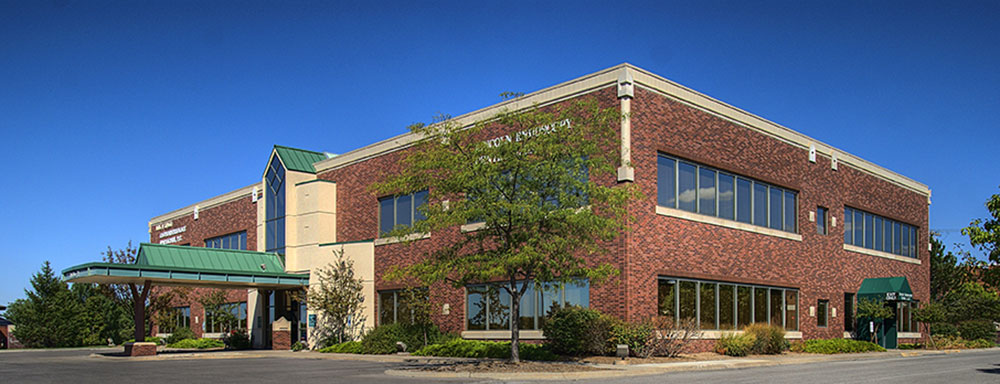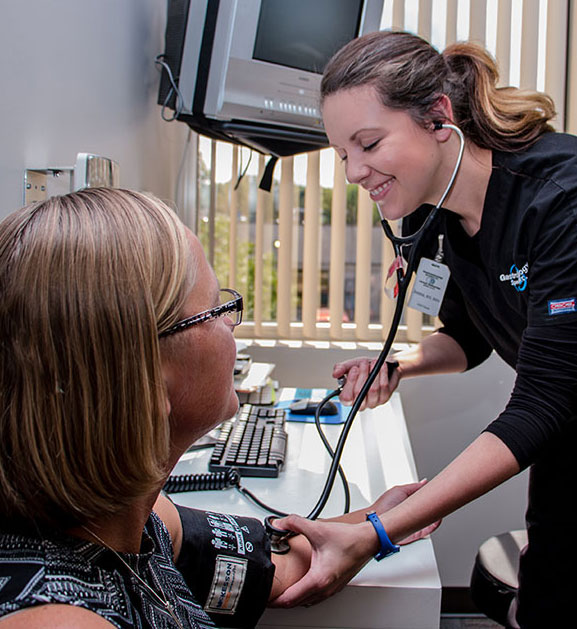In a front-page story, Sacramento Bee (5/12, 1A, Creamer) reported that acid reflux is “on the rise in America, with 25 million people experiencing daily symptoms,” up from “15 million only a decade ago,” according to the American Gastroenterological Association. Moreover, another 60 million report having heartburn once a month. “Blame stress and an aging population — and above all, experts say, blame Americans’ habit of eating too much,” because even modest weight gain can lead to acid reflux. Women with a BMI of “25 to 27, considered only slightly overweight, are more than twice as likely to develop the disease, Boston University researchers have found.”
Clinical Update from MedScape
Heavy Beer Drinkers With ADH1 Gene Variant May Have Increased Risk Of Gastric Cancer.
Medscape (4/15, Nelson) reported that a “genetic variant might predispose heavy beer drinkers to a higher risk for gastric cancer,” according to findings presented at the American Association for Cancer Research meeting. The researchers found that drinking “30 g of pure ethanol/alcohol or more a day derived from beer was associated with a 75% increased risk for gastric cancer.” Notably, when they looked at interactions between the alcohol dehydrogenase gene cluster (ADH1) “locus SNPs and baseline alcohol consumption, the authors noted a statistically significant interaction between rs1230025 and beer consumption.” The presence of “SNP rs230025 was associated with a 30% increased risk for gastric cancer.”
Daily NSAID Use May Lower Colon, Rectal Cancer Risk
The American Gastroenterology Association newsletter reported that people who use non-steroidal anti-inflammatory (NSAID) painkillers regularly, may have a 50% reduced risk of developing colon or rectal cancer, according to a study in the American Journal of Gastroenterology. The researchers reviewed survey data from 300,000 adults, who indicated how often they took any of 19 NSAIDs. They found that daily NSAID use was associated with a 28% decreased risk of colon cancer risk, while monthly NSAID use was linked to a 14% reduced risk. Among people with immediate family members diagnosed with colon cancer, daily NSAID users had a 28% reduced risk of colon or rectal cancer, and there was an 11% risk among weekly NSAID users.


